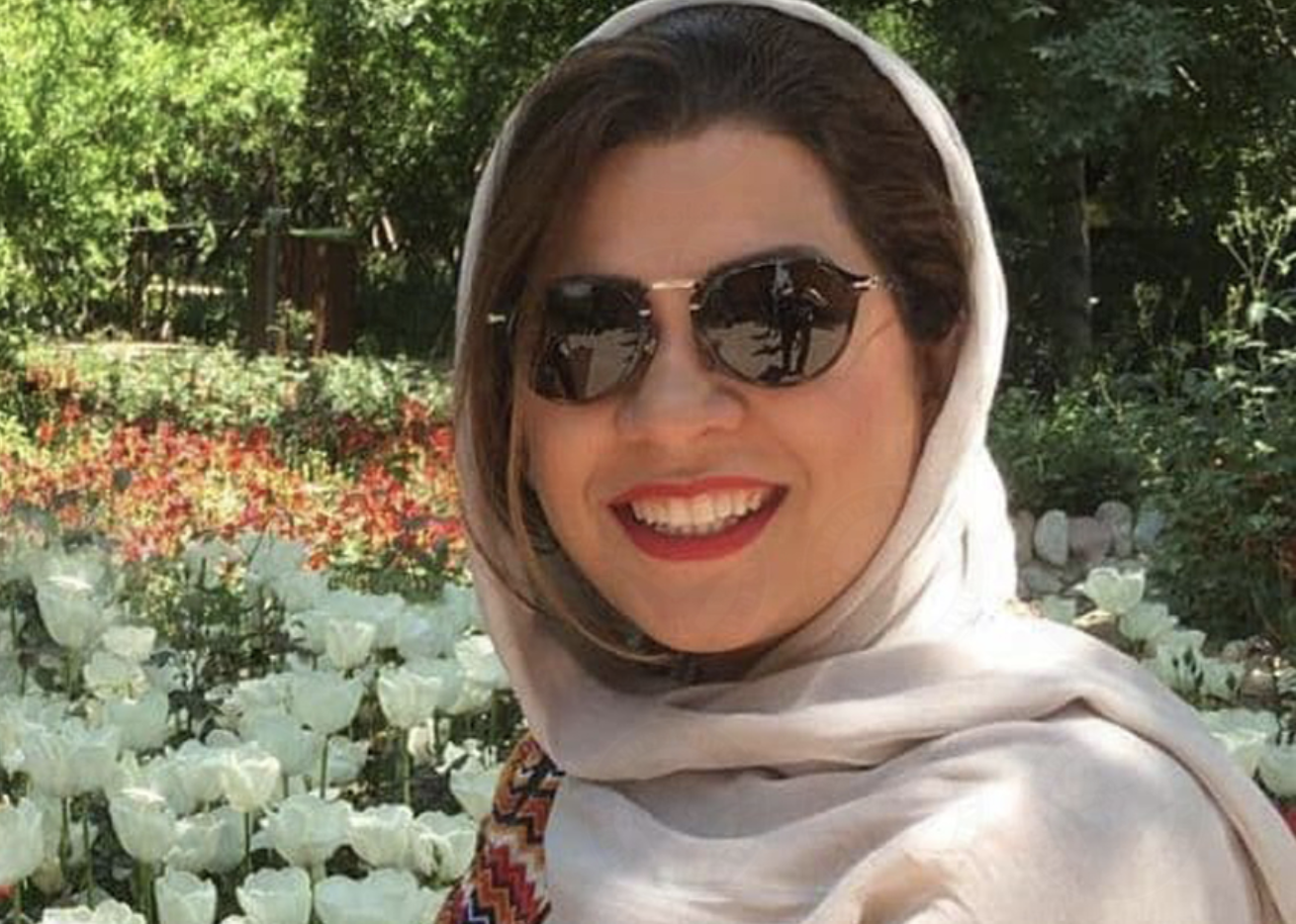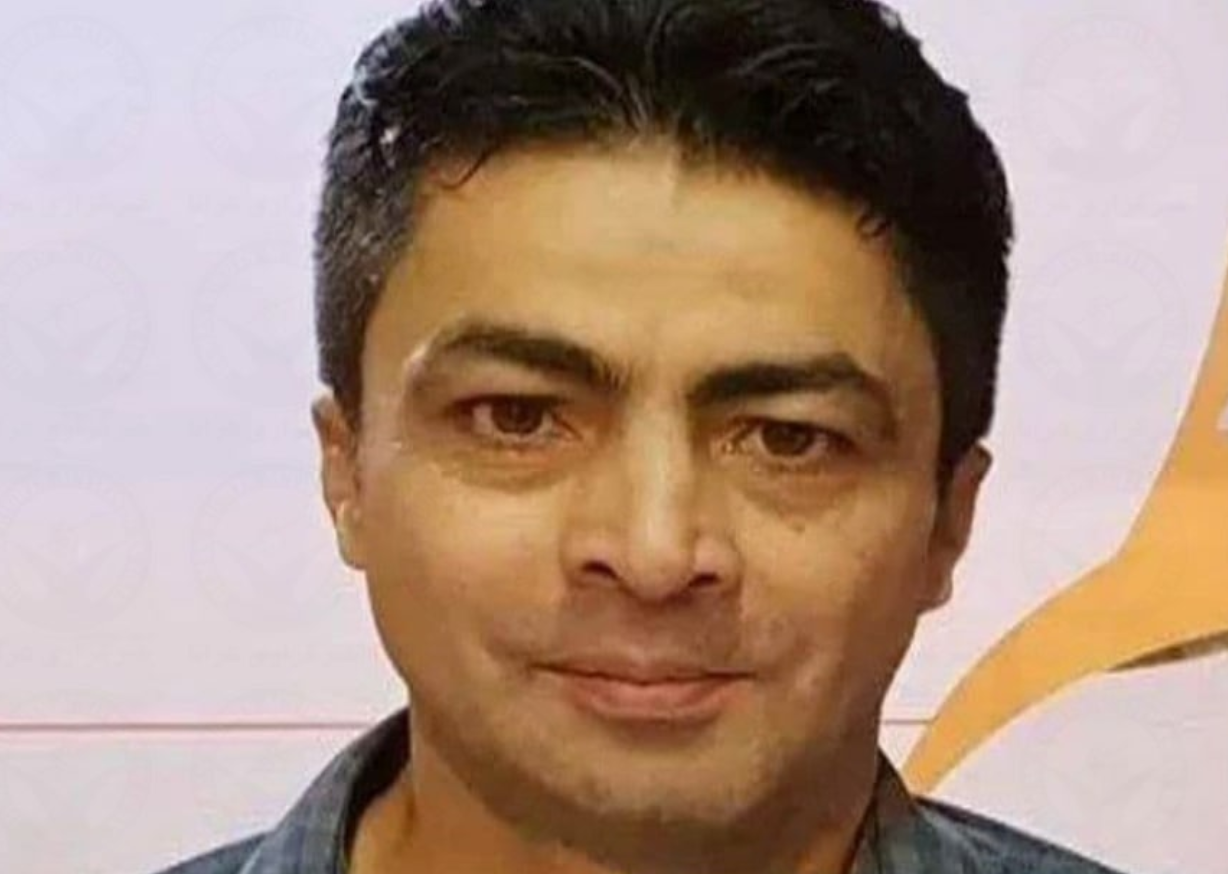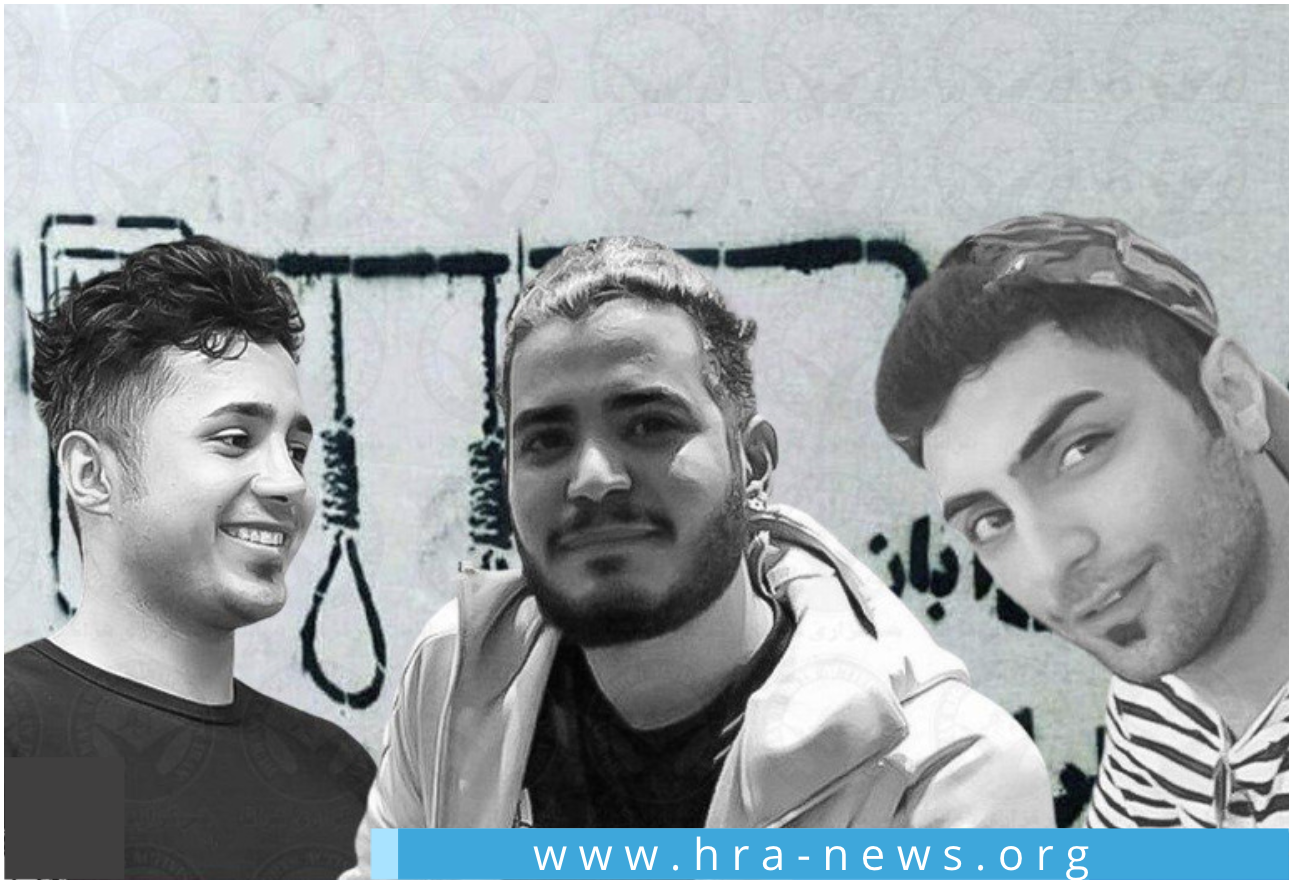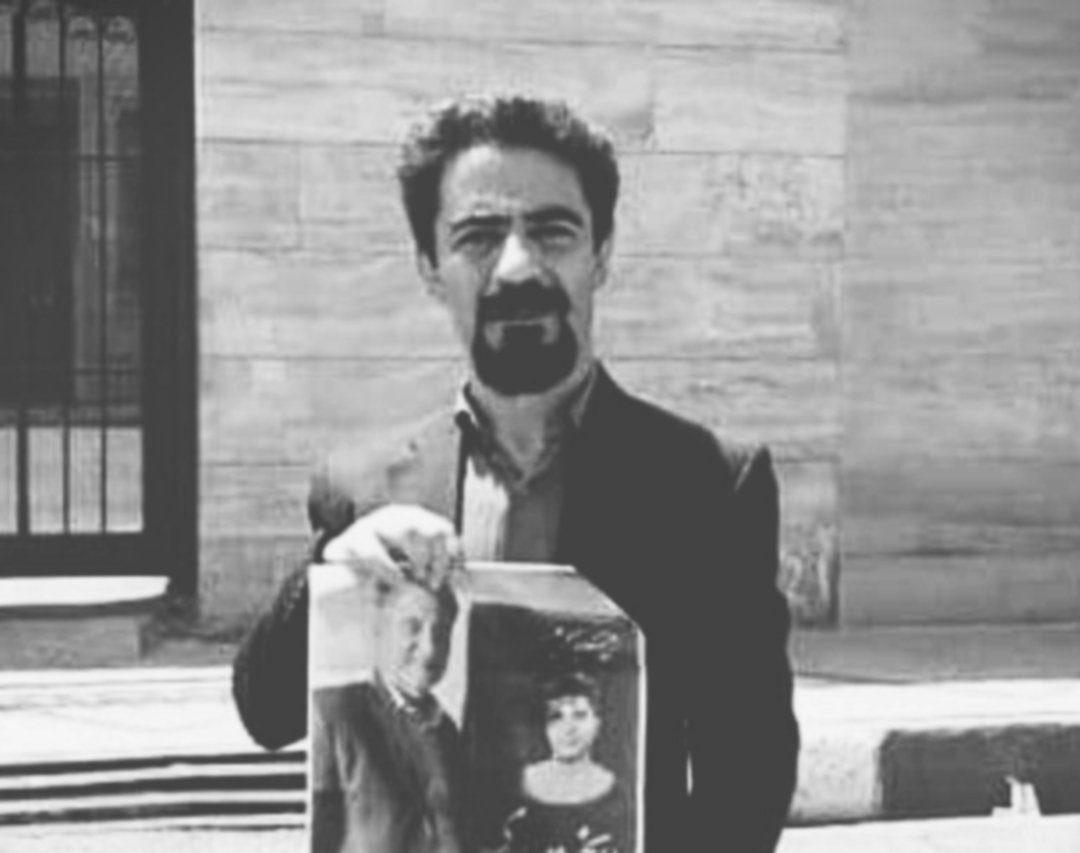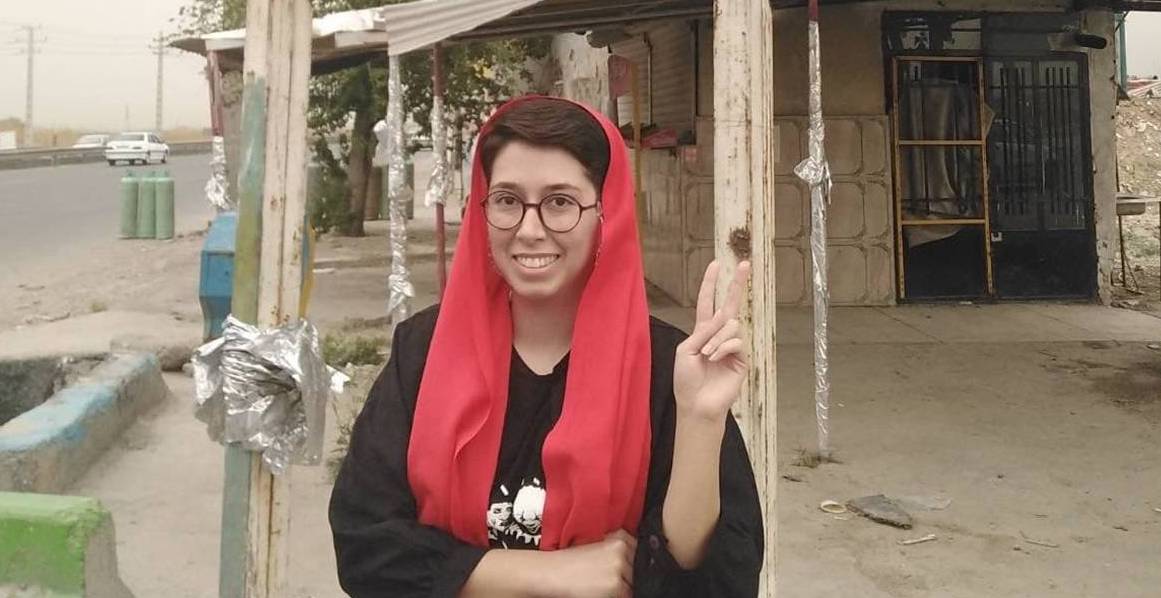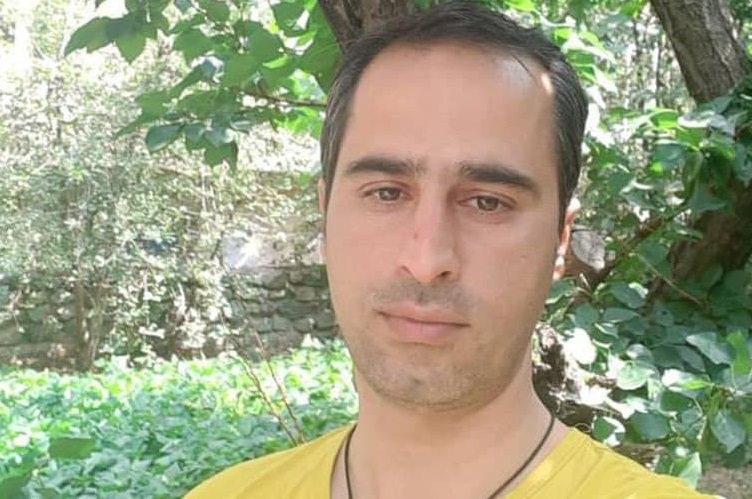On Tuesday, May 4th, UN experts issued a statement expressing concern over the health condition of civil activist Mohammad Nourizad and calling for his immediate release from Evin Prison. Javid Rehman, Special Rapporteur on Human Rights in Iran, Niels Melzer, Special Rapporteur on Torture and Other Cruel, Inhuman or Degrading Treatment or Punishment, and several other UN experts stated that Mr. Nourizad has been in critical condition for some time, and continued deprivation of treatment could prove fatal.
According to HRANA, the news agency of Human Rights Activists, UN experts have stated that Mr. Nourizad’s case is “emblematic of the situation many Iranian political activists face in detention” , citing the transfer of Mr. Nourizad to Loghman Hospital in Tehran, on April 14, 2021, after fainting. The statement reveals that once revived, Mr. Nourizad “found someone injecting him with an unknown substance, that he did not consent to or was informed of”. Nourizad was denied information about the substance or its purpose from officials, despite his explicit requests.
66-year-old Nourizad is an Iranian director, screenwriter, journalist, and activist. Nourizad became an outspoken critic of the Islamic Republic a decade ago, and has since been arrested and imprisoned several times for his civic work and visits to families of political prisoners.
In mid-August 2019, 14 activists, including Nourizad, signed a letter calling for the resignation of Ayatollah Khamenei. Several signatories were arrested, and others were pressured after the letter went public. Mr. Nourizad was arrested by security forces on August 11, 2019, along with several union and civil activists and sent to Vakilabad Prison in Mashhad (he was later transferred to Evin Prison, where he currently resides).
In the first part of his case, Mr. Nourizad was charged by Branch 4 of the Revolutionary Court of Mashhad, presided by Judge Mansouri, on charges such as “insulting the founder of the Islamic Republic, insulting sacred values, insulting the leadership, disturbing public opinion, cooperating with foreign media, and participating in illegal gatherings”, and was sentenced to 15 years in prison, 3 years of exile to Izeh, and a 3-year ban from leaving the country. Branch 35 of the Appeals Court in Razavi Khorasan Province revised the verdict to 15 years in prison, 2 years of exile to Izeh, and a 2-year ban on leaving the country.
In August 2020, in the second part of his case, he was sentenced by Branch 2 of the Mashhad Criminal Court to 8 months imprisonment, 74 lashes, and exile to Tabas on the charge of “disturbing public order” for appearing in front of the building where Kamal Jafari Yazdi was appearing; and sentenced to another 74 lashes on a charge of “spreading lies”. This verdict was confirmed by the Court of Appeal of Khorasan Razavi Province.
In May of this year, Mr. Nourizad announced that he has been sentenced to another year in prison on a charge of defending the rights of Baha’i citizens living in Ivanki, prompting this public concern. Mohammad Nourizad suffers from myriad underlying conditions, including asthma, heart problems, and high blood pressure. The forensic medicine organization previously ordered his release for medical reasons. According to these UN experts, considering Nourizad’s critical health condition and overwhelming consensus from professionals, he cannot stay in prison.



